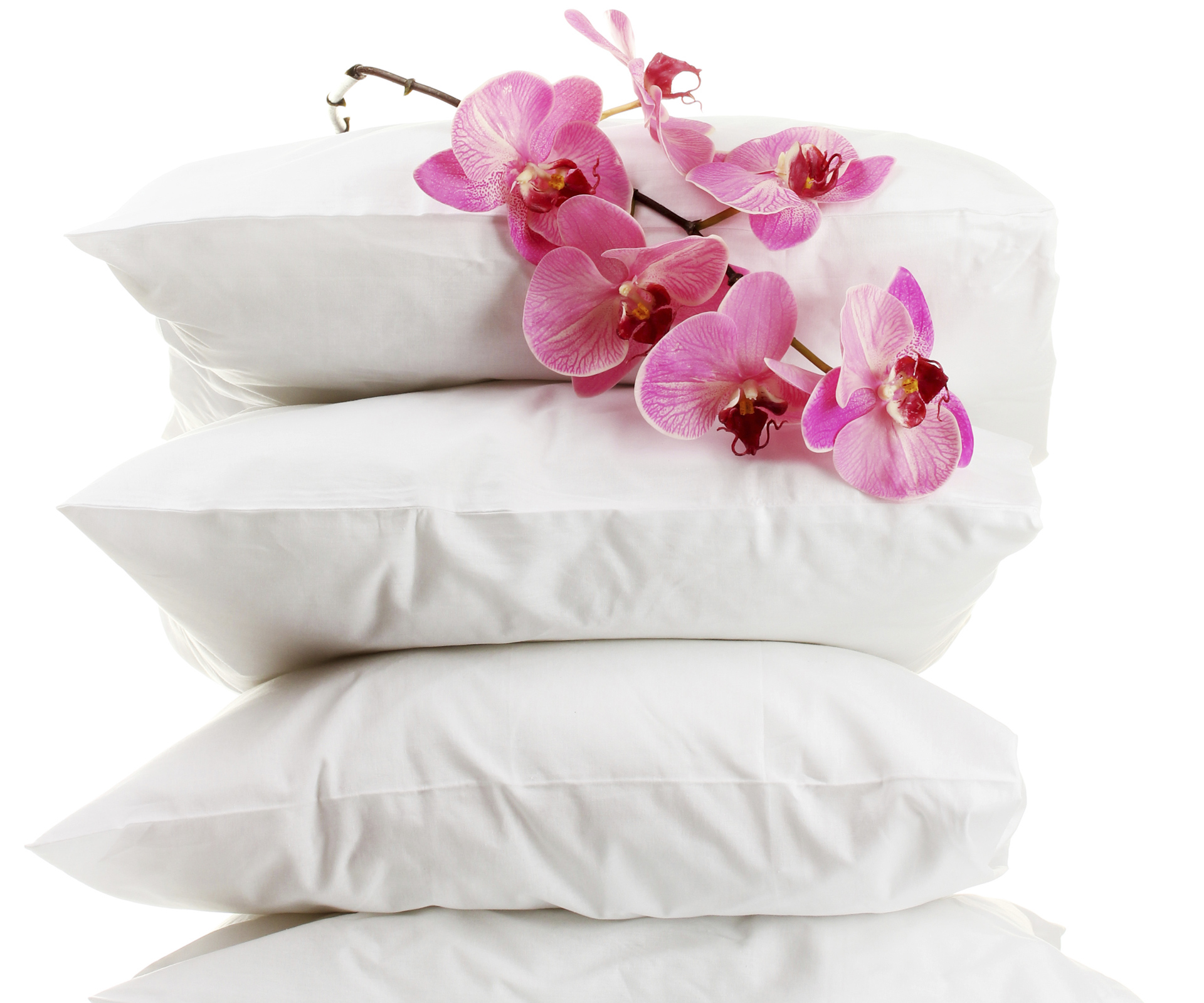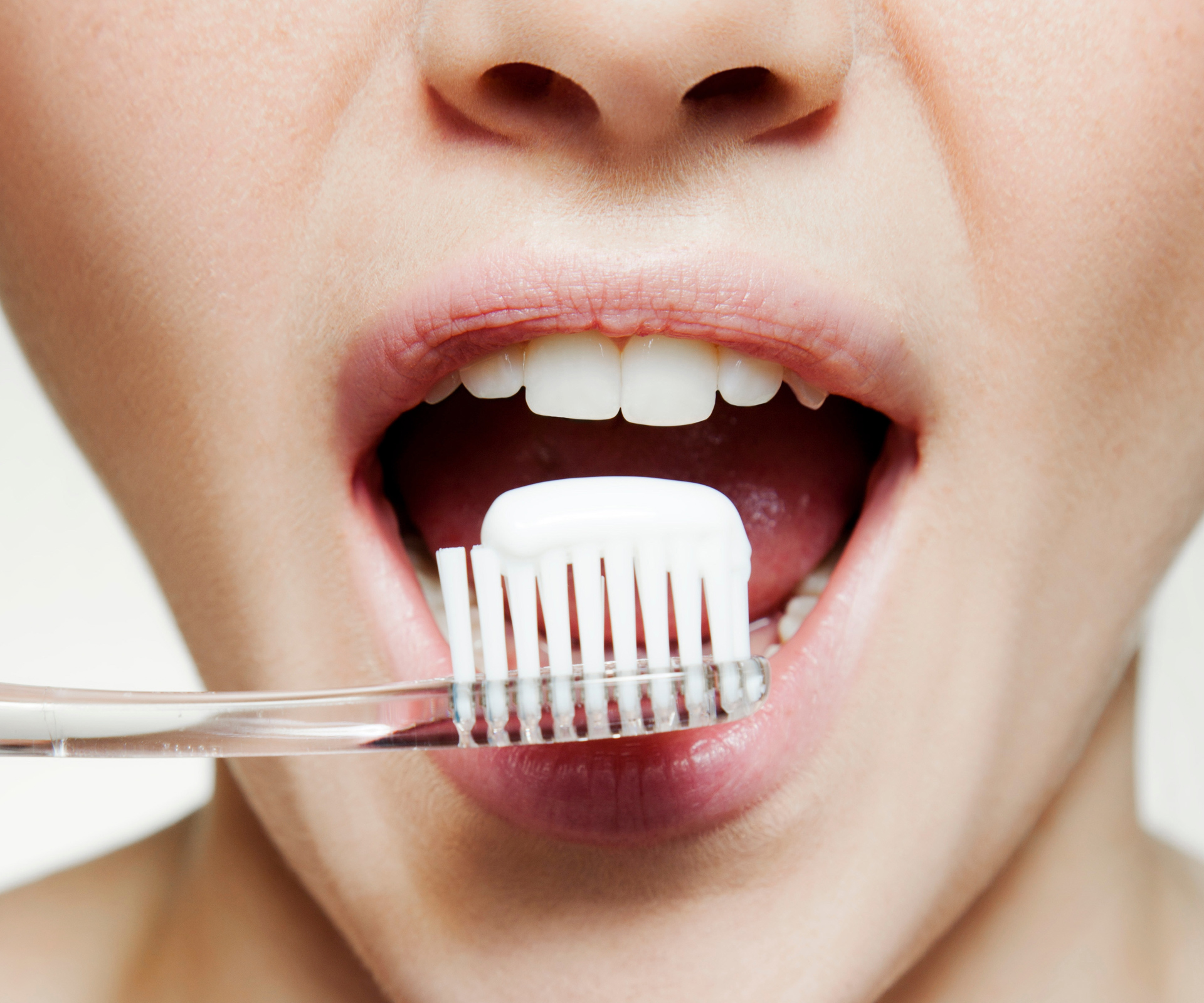Would you ever have thought swimming, brushing your teeth, or eating fruit could have potentially risky consequences?
Health experts say there are risks involved in some of the most routine activities; some are things we can avoid and others are just down to circumstances.
1. Too many changes in routine
Chop and change your routine and you can flood your body with stress hormones, such as cortisol, that can affect your memory.
“A change in routine can also affect your health by interfering with physical activity, your sleep and how well you’re eating,” says Dr Ronald McCoy of the Royal Australian College of General Practitioners.
What to do: Stick to a daily routine by eating, exercising, waking and sleeping at similar times most days.
2. Your toothbrush
The average toothbrush can contain 1.2 million bacteria including germs like the flu virus, staphylococcus bacteria, E. coli and streptococcal virus.
If you keep your toothbrush close to the toilet, bacteria from the toilet bowl can end up on the brush when you flush.
What to do: Change to a new toothbrush every season and after being sick. “And after using your brush shake off excess water, and never share a brush,” says Dr Peter Alldritt of the Australian Dental Association.

3. Your pillows
Your pillows can contain more than a million fungal spores that aggravate hay fever, asthma and sinusitis, according to a UK study. Dust mites eat fungi, and then any surviving fungi use the faeces of dust mites as well as human skin as a source of nutrition.
“There could be a ‘miniature ecosystem’ at work inside our pillows,” says researcher Professor Ashley Woodcock from the University of Manchester in the UK.
What to do: Change your pillows every two years, wash them regularly and dry them in the sun.
4. Being too slim
If you’re too thin in your 40s and onwards, you could be at greater risk of dementia. A UK study found people with a BMI of less than 20 were 34 per cent more likely to be diagnosed with the disease.
Being too slim also increases the odds of osteoporosis.
What to do: Maintain a normal BMI (between 20 and 25) and if you need to gain weight choose healthy snacks such as yoghurt, cheese and crackers, toast with avocado, nuts or a glass of milk. Even if you have a healthy BMI, keep your bones strong with weight-bearing exercise and get your cholesterol and blood pressure levels checked regularly.
5. Over-exercising
Too much high-intensity exercise increases the risk of colds and flu by raising stress hormones that make us vulnerable to infections.
“These viruses are spread through airborne droplets and when people exercise heavily they breathe more through their mouth and ingest more droplets,” says McCoy.
What to do: A daily brisk walk or a 30-minute aerobics class most days of the week is great, but after a long run or intense exercise take a day or two to recover.
6. A cold nose
Having a cold nose makes you more vulnerable to getting the common cold virus. US researchers tested the ability of the common cold virus to survive in airways at body temperature then at four degrees cooler.
“We found the immune response to the rhinovirus is impaired at the lower body temperature,” says Professor Akiko Iwasaki from Yale School of Medicine, lead researcher on the study.
What to do: During cold weather keep your nose covered and warm to reduce the odds of catching a cold.
7. Applying eyeliner
Avoid applying liner too close to the inside of your eyelids as it can block glands that secrete the oily substance that keeps eyeballs moist.
“If glands get blocked you can get a stye or blepharitis,” says Dr Diana Semmonds of the Royal Australian and NZ College of Ophthalmologists. Also, mascara brushes collect bacteria from your lashes, so if you scratch your eye with the brush you can get an infection.
What to do: Change your mascara every three to four months, don’t use makeup if you have an eye infection and never share eye makeup.

8. Swimming in a public pool
Bacteria called cryptosporidium, found in faeces, can contaminate pool water and cause diarrhoea, stomach cramps and nausea. If someone urinates in a chlorinated pool the resulting cocktail of chemicals can irritate the lungs, eyes and throat.
What to do: Don’t swim if you’ve had diarrhoea in the past two weeks and always shower before and after a swim. “Wear jandals in public showers to reduce the risk of tinea, a fungal infection that thrives in moist places,” says McCoy.

9. Eating too much fruit
While fruit is packed with vitamins and antioxidants, it also contains fructose that can raise blood sugar levels and increase appetite. Higher fructose fruits include figs, kiwifruit, mangoes, bananas, oranges and raisins.
What to do: You don’t need to remove sugars like fructose from your diet totally. Aim for two pieces of fruit a day. “It’s not about cutting it out, it’s excessive amounts that are the issue,” says dietitian Julie Gilbert.
Words: Sarah Marinos


